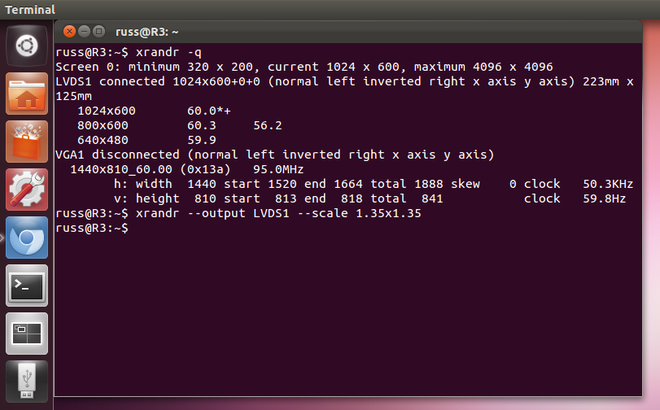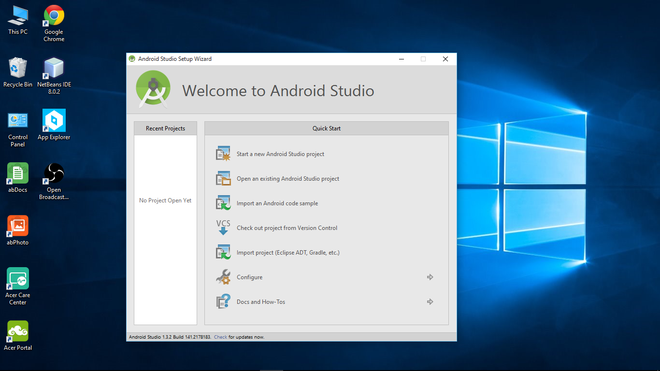Moving from Windows to Linux, I understood the difference between 'technology' and 'reality'.
During my free holidays, I came up with an idea that many other coders have thought about: installing Linux (Ubuntu) and creating an "intensive dev" on my personal computer. As you probably already know, Linux is the number one operating system for server environments, to the extent that Microsoft once called Linux "ulcerate" must also turn to Linux support better and better. It can be said that using Linux for development will definitely be more "fun" than using Windows .
The idea was like that, but when I did, I encountered an extremely annoying problem: one day, my Ubuntu was bad and refused to accept a second screen. Working in software field, I am used to having a lot of screen space to open many applications at the same time.
Surprise: Windows
OK, if you are "tech people", you must know how to solve the problem. I started to do what anyone else would: Google. After a day of searching, learning more about Ubuntu, about the driver, I finally solved it.

What Windows (and Mac) do is very easy, very simple .
Then, I turned on Windows again. The external screen appears naturally, without Google, having to type any commands. For the past 3 years, on this laptop and monitor, I have used multi-screen normally, stable and easy.
I know a lot of readers coming here will come to an opinion that I myself will sometimes say: perhaps because they are not used to it, because they have not "learned" deep enough . In solving situations Other issues, I will recognize that defect. But in this situation, there is a fact that I think cannot be ignored:
Because of using a solution that is said to be more technologically advanced, I encountered a problem that could be avoided if using normal solutions. One day was spent solving a problem Windows absolutely didn't encounter, and I could have spent really useful things.
To read a book, or to code for example.
Really valuable

Thanks to the Windows development team for creating an easy-to-use operating system, so I can focus on what matters.
After some time of researching, I realized my problem is because, the support status of NVIDIA Optimus driver on Ubuntu is quite poor. If I were to install the development environment on Windows, I would have avoided problems that were not my fault, and it was not useful for the job. Today, deploying on cloud more and more, Microsoft supports Linux as well, not to mention deploying is another team job (devOps).
In return, installing Ubuntu will bring more "tech-savvy" feeling: it is an operating system with a higher level of customization, requires greater understanding, and therefore, will bring emotional satisfaction. more complacent when used.
. But at some point, I also had to realize that maybe I was engrossed in running on a type of emotion that didn't really help but forgot what I really needed to do. Understanding Linux of course is good, but getting into unnecessary things is a different story. Using Windows, I can still build and can still learn Java code normally.
Practical first
And that brings me to an important conclusion: in the end all technologies need to prioritize the two "real" words first. What are your requirements, and is it because you are "tech savvy" that choosing a solution does not really help that demand? Those are the questions that I will always remember before putting myself in a similar situation.
You should read it
- ★ Narrator coder: I have conquered love and software in two ways that are more difficult to be contrary
- ★ Talk to a coder: Look at your life with numbers 1 and 0
- ★ The confidences of a Coder: Finding bugs must rely on both hunch and rules
- ★ The coder writes chatbot to let him talk to his lover and the ending
- ★ Female 10-year-old coder was invited by Google and Microsoft to work